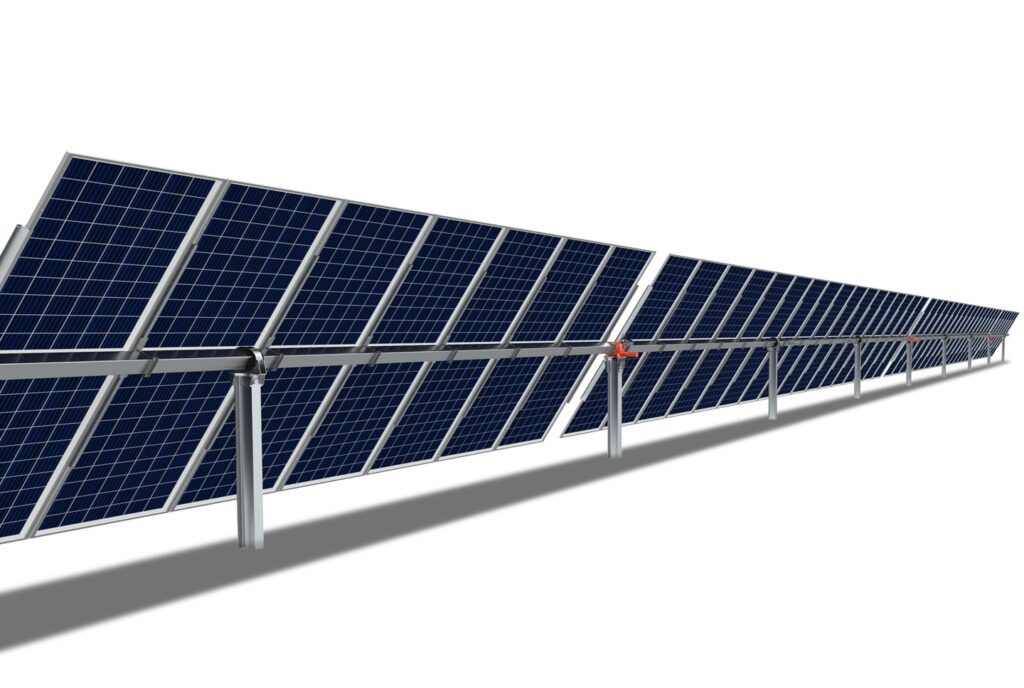The stability of solar panels refers to their ability to maintain performance and reliability over time under various environmental conditions. Several factors contribute to the stability of solar panels, including the materials used in their construction, the design, and the quality of manufacturing.
- Material Durability:
- The materials used in solar panels, including the solar cells, encapsulant (often made of EVA), backsheet, and frame, should be durable and resistant to environmental factors such as UV radiation, moisture, and temperature fluctuations.
- Weather Resistance:
- Solar panels are exposed to a wide range of weather conditions, including sunlight, rain, snow, and temperature variations. Stable solar panels are designed to withstand these elements without significant degradation in performance.
- Frame and Mounting Structure:
- The frame and mounting structure of solar panels contribute to their stability. A robust frame made of corrosion-resistant materials helps maintain the structural integrity of the solar module over its operational life.
- Temperature Performance:
- Stable solar panels should be able to handle temperature fluctuations without a significant impact on efficiency. Thermal stability is essential to prevent issues such as delamination or thermal stress.
- Long-Term Performance:
- Solar panels are expected to have a long operational life. The stability of solar panels is reflected in their ability to maintain a high level of performance over an extended period, often with minimal degradation in efficiency.
- Certifications and Standards:
- Solar panels that meet industry standards and certifications, such as those set by the International Electrotechnical Commission (IEC), demonstrate a commitment to quality and stability. These standards often include tests for mechanical integrity, electrical performance, and durability.
- Warranty:
- The warranty provided by the manufacturer is an important indicator of the expected stability of solar panels. Manufacturers typically offer warranties that guarantee a certain level of performance over a specified period, providing assurance to the customer.
- Testing and Quality Control:
- Reliable manufacturers conduct rigorous testing and quality control processes during the production of solar panels. This includes testing for potential weaknesses in materials or design that could affect stability.
- Environmental Impact:
- Stable solar panels should have a minimal environmental impact throughout their life cycle, from manufacturing to disposal. This includes considerations for recyclability and the use of eco-friendly materials.
It’s important to note that the stability of solar panels can vary among different manufacturers and models. Regular maintenance and proper installation also play a role in maximizing the stability and efficiency of solar panels.


